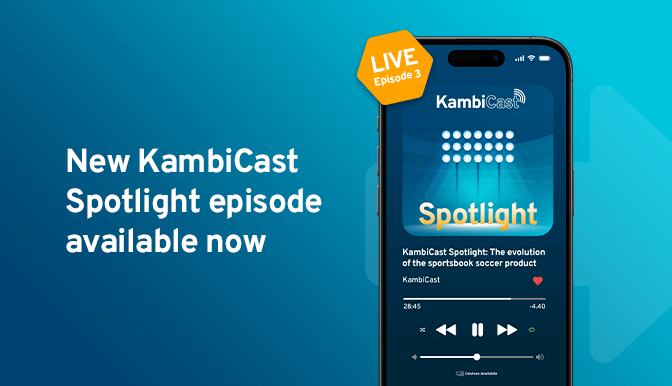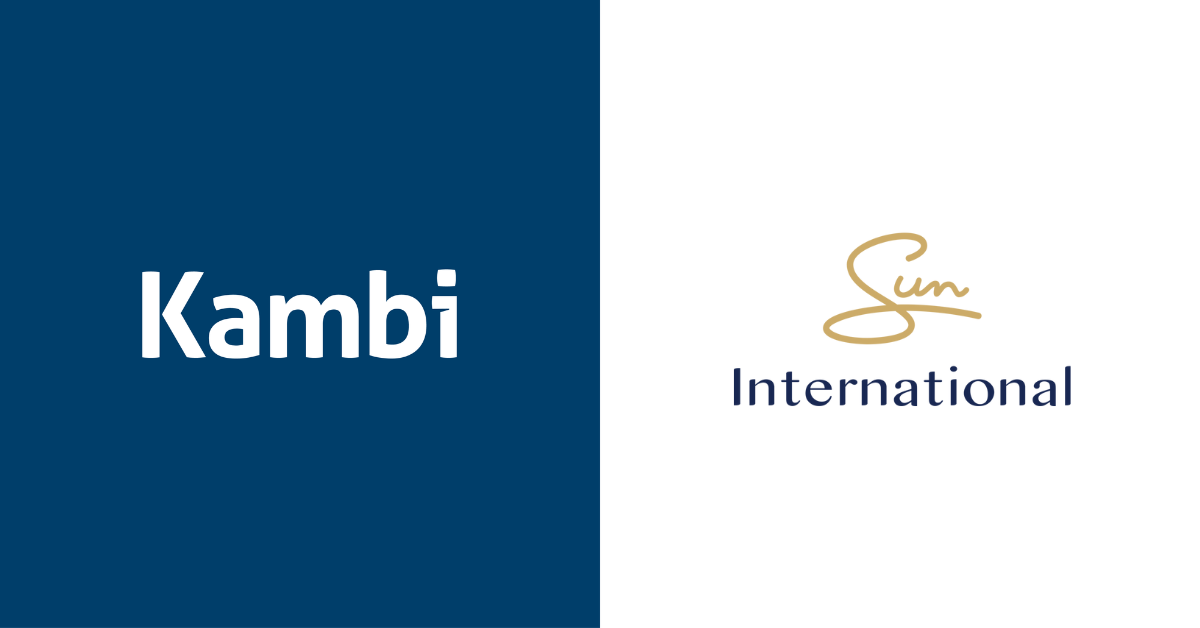

As many of us relaxed into our Christmas slumber, Ladbrokes Coral and GVC revealed they had reached an agreement to create the world’s largest listed gaming company. Although the acquisition of Ladbrokes Coral by GVC had been rumoured ahead of the announcement on 22 December, the formal agreement underlines what I already thought to be true – that in this industry, scale matters.
Most, if not all, of the mergers and acquisitions we’ve seen over the past few years have been driven by the desire to achieve greater scale and scalability. As regulation spreads and governments from all corners of the globe look to raise additional tax revenues, gaming companies – particularly those operating proprietary sportsbooks – are having to work to stringent regulatory restrictions and even tighter margins.
This is where scalability plays a crucial role. Businesses increasingly require the ability to move into new markets to help protect against rising costs and potential changes in regulation. Through its acquisition of Ladbrokes Coral, GVC will gain a leading position in the UK retail and online markets, a sizable business in Australia, a top five player in Italy, as well as notable revenues in Belgium, Spain and Mexico.
While I have little doubt GVC will make a success of the merger, recent history tells us consolidation isn’t the silver bullet others had hoped, with a number of previous combinations having failed to live up to their early billing.
Initial cost synergies may well be achieved through M&A, but complex integrations are often underestimated, staff can become demotivated, combined management divided and product development frequently put on hold as the process of making two (or three) become one is elongated. In short, mergers are bound with risk.
Benefits of scale
“So M&A produces mixed results – that’s hardly ground-breaking information,” I hear you say. Bear with me. At the start I said I believed scale was important in this industry, and I’ve not changed my mind in the past few minutes. But scale and scalability can be felt and achieved in many ways and you don’t necessarily have to own scale in order to benefit from it. Let me explain.
As mentioned previously, when margins are tight, scale can help increase competitiveness and protect profits. It can also put the squeeze on smaller competitors. If you look at bet365, it initially built scale through international expansion, but has since managed to leverage its scale by being able to offer fine margins to the player, and to process and understand the data its vast scale offers to help create new and improved sports betting experiences.
This is similar to what we have created at Kambi – a data-led sportsbook that operates at vast scale, enriched by the information it continuously gathers and studies. However, to our additional advantage is the fact we power 15 operators across six continents, in some cases multiple operators in the same territories, all focused on different customer segments and utilising Kambi in different ways. This customer mix produces a richer, more varied data stream, helping us derive the insights needed to ensure the expectations of all sportsbook players continue to be exceeded.
And unlike in merger situations, our scale is channelled through a single platform, enabling us to process data effectively and allow all customers to benefit from the subsequent insights from day one. It’s no coincidence a Kambi customer recently won a sportsbook of the year award just 18 months after launching sports with us – with 20 years’ worth of data learnings, Kambi is set up to springboard customers to success.
A scalable model
Another essential element to scale and scalability is the ability to move in to new and regulating markets quickly, when the opportunities arise. Too often operators are held back from expanding internationally due to technical constraints and the need to meet local regulatory requirements. Often when operators do enter new markets, the product doesn’t have the same appeal or fails to meet local standards.
I have spoken with CEOs at a number of tier one operators who continue to place international expansion at the top of their agendas, but so far I’ve seen little evidence of it, despite good intentions. Moreover, I know of operators who have gone through the licensing process for various markets only to be unable to launch due to technical debt and an inability to scale.
To be honest, I find it astonishing some bookmaker company boards and shareholders don’t put more focus and pressure on their business’ ability, or should I say ‘inability’, to scale by encouraging the executive team to have in place both internal and external partner scalability plans to adapt to market changes and opportunities.
Operators building expensive and compliant proprietary technology for each new market isn’t a sustainable answer. Some have approached the issue by acquiring local brands but, again, this has produced mixed, and in some cases costly, results.
I’d argue putting faith in a scalable supplier, one with experience of the market, has the leading base product, is fully compliant and, crucially, can empower operators to differentiate from other participants, is the percentage play. One thing you can certainly be sure of in 2018 is that, as the importance of scale increases, doing nothing is no longer an option.











